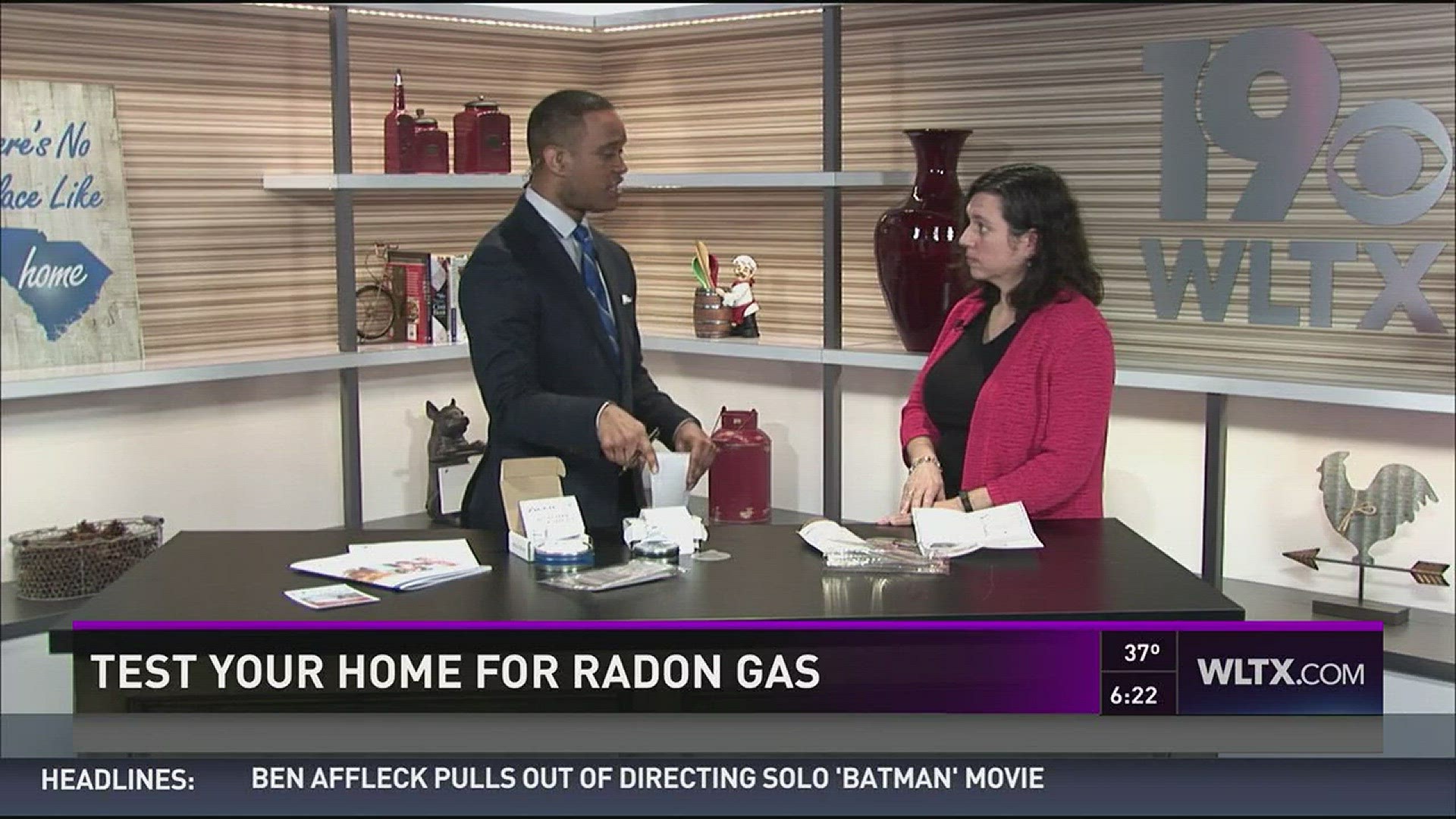Columbia, SC (WLTX) - January is National Radon Action Month and the S.C. Department of Health and Environmental Control (DHEC) is encouraging all South Carolinians to test their homes for the silent killer.
Radon is a naturally occurring, cancer-causing, radioactive gas that you cannot see, smell, or taste. It gets into your home through cracks and holes in the foundation, construction joints, and plumbing fixtures.
The U.S. Environmental Protection Agency (EPA) estimates that it is the second leading cause of lung cancer in the U.S. and the number one cause of lung cancer among non-smokers.
Nearly one out of every 15 homes in the U.S. is estimated to have elevated radon levels. Any home can have a radon gas problem. The only way to determine if your home is trapping radon is to do a test.
DHEC provides home test kits that are free and easy to use. To request your free test kit you visit their website or call 1-800-768-0362.
If your home has radon, there are many simple ways o reduce the level of radon in your home. The cost of installing radon reduction methods depends on several factors including how your home was built. There are several nationally certified radon professionals who can measure radon and fix homes with elevated radon.

